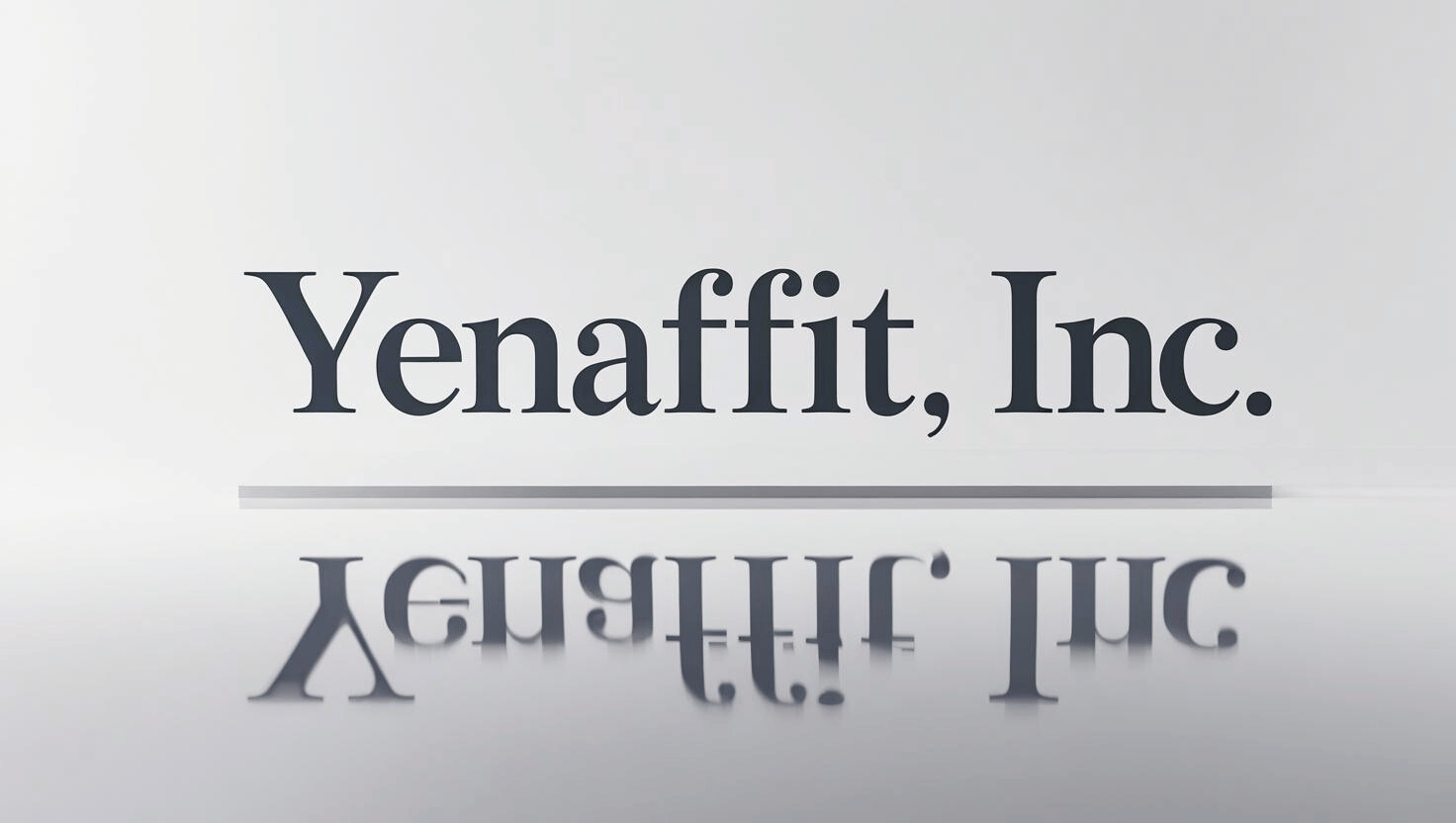Reclaiming Time, Rewriting Structure
Building businesses that honor life rhythms instead of fighting them.
It sat in her back pocket for years—
a name that didn't mean anything to anyone else.
Just a strange, syllable-heavy word she had spelled out on a page once, over a decade ago.
Yenaffit.
Her first name, reversed.
At the time, she was sketching out the bones of a marketing agency called Labeaux—an idea full of polish, potential, and pressure. It looked right on paper. Sounded impressive. But something about it didn't fully click.
So she paused.
Moved on.
But the flipped name stuck around.
Yenaffit.
It didn't push.
It waited.

The evolution of ideas and the patience of names that wait for their moment.
Years later—after big contracts, big pivots, and bigger questions—she returned to it.
Not the notebook.
The rhythm.
She was no longer trying to build a business that matched the world's pace. She was building something that matched hers.
Something quieter.
Something sovereign.
Something rooted in a different kind of structure—the kind that listens to life instead of racing it.
Yenaffit became the name that held space for all of it.
A consulting company, yes—but also a philosophy:
Work in a way that doesn't betray your body.
Create in a way that doesn't fracture your mind.
Build businesses that don't extract from you—but reflect you.
It wasn't about flipping letters anymore.
It was about flipping the script.

The mirror principle: reflection as transformation, not negation.
The Recognition
She didn't name the company after herself.
She named it after the moment she finally heard herself.
And once it was spoken aloud, the path made sense.
The rhythm made sense.
The name had always known—it was just waiting for her to catch up.
Time as Territory
Traditional business frameworks treat time as a resource to be optimized, segmented, maximized. You block it, manage it, track it, monetize it. Time becomes a grid that you fill with activities designed to produce desired outcomes.
But time isn't really like that. Time has textures, rhythms, seasons. Energy flows and ebbs in patterns that have more to do with biology, weather, life circumstances, and creative cycles than with calendar blocks and productivity systems.
Building businesses that honor these natural rhythms means designing structures that flex and breathe instead of demanding consistent output regardless of natural capacity.
Structure as Support
The question isn't whether you need structure. The question is whether you build structure to contain yourself or to support yourself.
Containment structures are designed to force consistency—to make you do the right things at the right times regardless of what feels natural or sustainable. They work through external pressure and internal discipline.
Support structures are designed to make natural patterns more effective—to channel existing energy and inclinations toward useful outcomes while providing backup systems for inevitable human variability.
The Philosophy in Practice
Yenaffit represents this inversion. Taking who she is and how she naturally operates, then building business structures around that reality instead of forcing herself into existing frameworks that assume different personalities, different life circumstances, different priorities.
Each venture is designed with this philosophy in mind. Projects that can be advanced during high-energy periods and maintained during lower-energy times. Revenue models that don't collapse during periods of reduced output. Communication strategies that work whether you're in an intensive building phase or a more reflective planning period.
The businesses reflect this principle. They're recognizable as businesses—they generate revenue, serve customers, solve problems, create value. But they're structured around different assumptions about time, sustainability, growth, and the relationship between work and life.
That reflection—that slight shift in angle—makes space for approaches that wouldn't fit in traditional frameworks. It creates permission to build differently, to honor natural rhythms instead of fighting them, to design structures that support human flourishing rather than demanding its sacrifice.
It's about the name. And it's about everything the name makes possible.